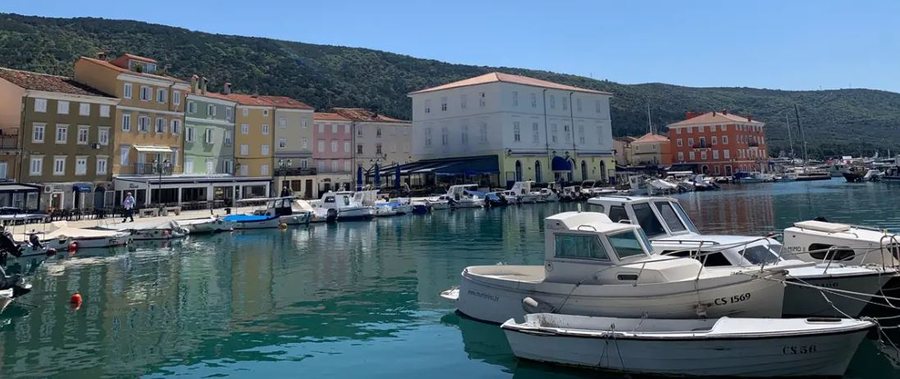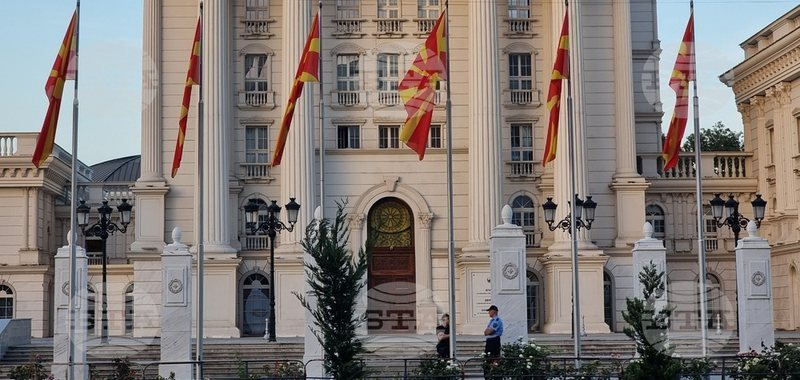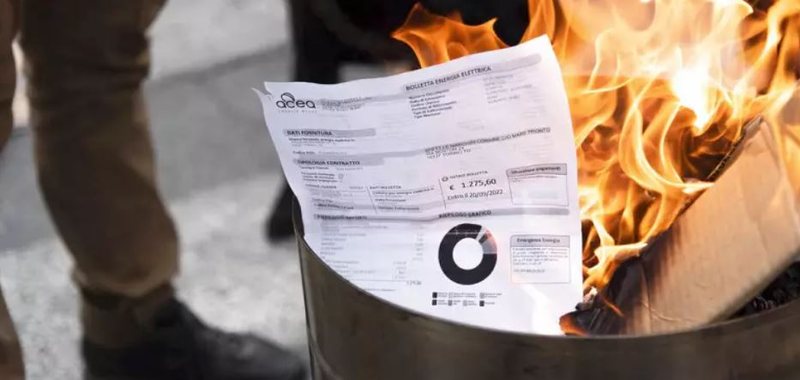For the 2026 budget, Croatia predicts a deficit of 2.9% - 35.7 billion in revenue. Key priority, investments in the military

The Croatian government approved the draft state budget for next year, which foresees a deficit equal to 2.9% of Gross Domestic Product, the same as in 2025.
"This draft budget is approved within the framework of the government's ambitions to boost the economy and respect the principle of solidarity in Croatian society, which has been key in recent years and in the situations we have faced, from the Covid pandemic and devastating earthquakes, to the consequences of Russian aggression in Ukraine. It is about energy crises, then social pressures and inflation," said Prime Minister Andrej Plenkovic during a weekly cabinet meeting.
This is the first budget aligned with NATO's new target to increase defense spending to 3.5% of GDP and to invest an additional 1.5% of GDP in defense-related activities by 2035, Plenkovic added.
The draft budget projects economic growth of 2.7% next year, down from 3.2% expected in 2025, and inflation of 2.8%. Budget revenues are planned at 35.7 billion euros, 2.7 billion euros more than this year, while expenditures are projected to reach 39.8 billion euros, 3.0 billion euros more than the 2025 plan.
The expansion of budget revenues has been made possible by strong economic growth and high employment levels in Croatia, Plenkovic added. While the increase in expenditures is mainly related to high costs for pensions and salaries, as well as 209.9 million euros of investments in the modernization of the country's armed forces, including the purchase of the HIMARS artillery system, Baryaktar drones, Black Hawk helicopters and Leopard tanks.
The medium-term budget framework projects economic growth of 2.5% in 2027 and 2.4% in 2028, as well as a deficit equal to 2.8% of GDP for each year.

"Security, facing an extraordinary challenge" - Prime Minister Rama: Let's build a stronger response among countries
Tirana hosted the Annual Conference of the World Organization of Insurance Supervisors. In his speech, Prime Minister Edi Rama listed the challenges that......

Tax exemptions "cost" 663 million euros - Finance Analysis with IMF/ 67% of the total is accounted for by missing VAT revenues
The Ministry of Finance, assisted by the International Monetary Fund, has conducted an analysis of business tax exemptions in Albania as well as an analysis......

Albania, towards new national maps - ADF, investment of 259 million lek for the digitalization of the territory
The Albanian Development Fund has announced the opening of the competition for the implementation of a project, which aims to modernize the National......

US and Switzerland close to tariff agreement - Focus of talks on reducing Swiss trade surplus
The United States and Switzerland moved closer to a trade deal to reduce the 39% tariffs imposed by President Donald Trump on Swiss imports. The pact......

EU, average wages increased by 5.2% - Which countries topped the European ranking in 2024?
In 2024, the average annual salary for a full-time job reached 39,800 euros, marking an increase of 5.2% from 37,800 euros in 2023, according to Eurostat......

North Macedonia to increase minimum wage in March - additional 2,000 denars to improve living standards
The Ministry of Economy in North Macedonia has announced that the minimum wage will increase by about 2,000 denars (32.5 euros) in March 2026. According to......

The week ends negatively for the Dollar and the Pound – The Swiss Franc gains points again!
The US dollar closed this week negatively after recording another decline this morning as it was bought today compared to yesterday at 82.6 lek and sold at......

Electricity prices in Europe - Western countries record the highest tariffs
Household electricity and natural gas prices differ significantly between European countries during 2025. As winter approaches, heating demand is increasing......


















